VC funding has surged overall in recent years, but the numbers haven’t leaped forward for female founders at the same pace. According to PitchBook data, in 2023, companies founded solely by women garnered just 2.1% of the total capital invested in venture-backed startups in the U.S. The entire VC power structure and deal flow is still predominantly controlled and managed by white male hands.
So, how can we break their hold on the industry? We need to start from the very top, with investors and limited partners (LPs). This will involve taking concrete steps to increase the diversity of investors and LPs by changing the recruiting requirements, being intentional about investing in startups with at least one female co-founder and providing mentorship and education opportunities.
As a managing partner at 500 Global, I oversee the company’s ecosystem development programs, including investor education courses in partnership with top institutions such as Stanford, Berkeley, and INSEAD. I have helped launch strategic partnerships and accelerator programs globally and have led 500 Global’s corporate startup innovation and consultancy, which has taken 500 Global acceleration programs to more than 20 countries.
When it comes to recruiting women in the VC industry, it’s really tough at the start of the supply chain, as female candidates often do not have a long enough track record. This is why we started looking for very different types of profiles: women with a really outstanding reputation and network among entrepreneurs.
The scarcity of female investors — those who are part of senior leadership, lead deals, and make investment decisions — is also a big challenge. But when money is put into the hands of female investors, they tend to invest in entrepreneurs from more diverse backgrounds which has a massive positive multiplying effect.
Some say there is no deal flow and pipeline of women entrepreneurs, and that they do not want to lower the quality of their investments; this is such a lazy comment. At 500 Global, many of our top-performing companies are led by women entrepreneurs — Canva CEO Melanie Perkins built an iconic company with over 185 million users — so we did not have to lower the bar in our investment decision.
I currently work very closely with our Middle East accelerator programs on a global level, and 65% of the companies have at least one female co-founder. We don’t have a specific quota or requirements from investors; it is possible when you hire the right team and set the right intention and direction.

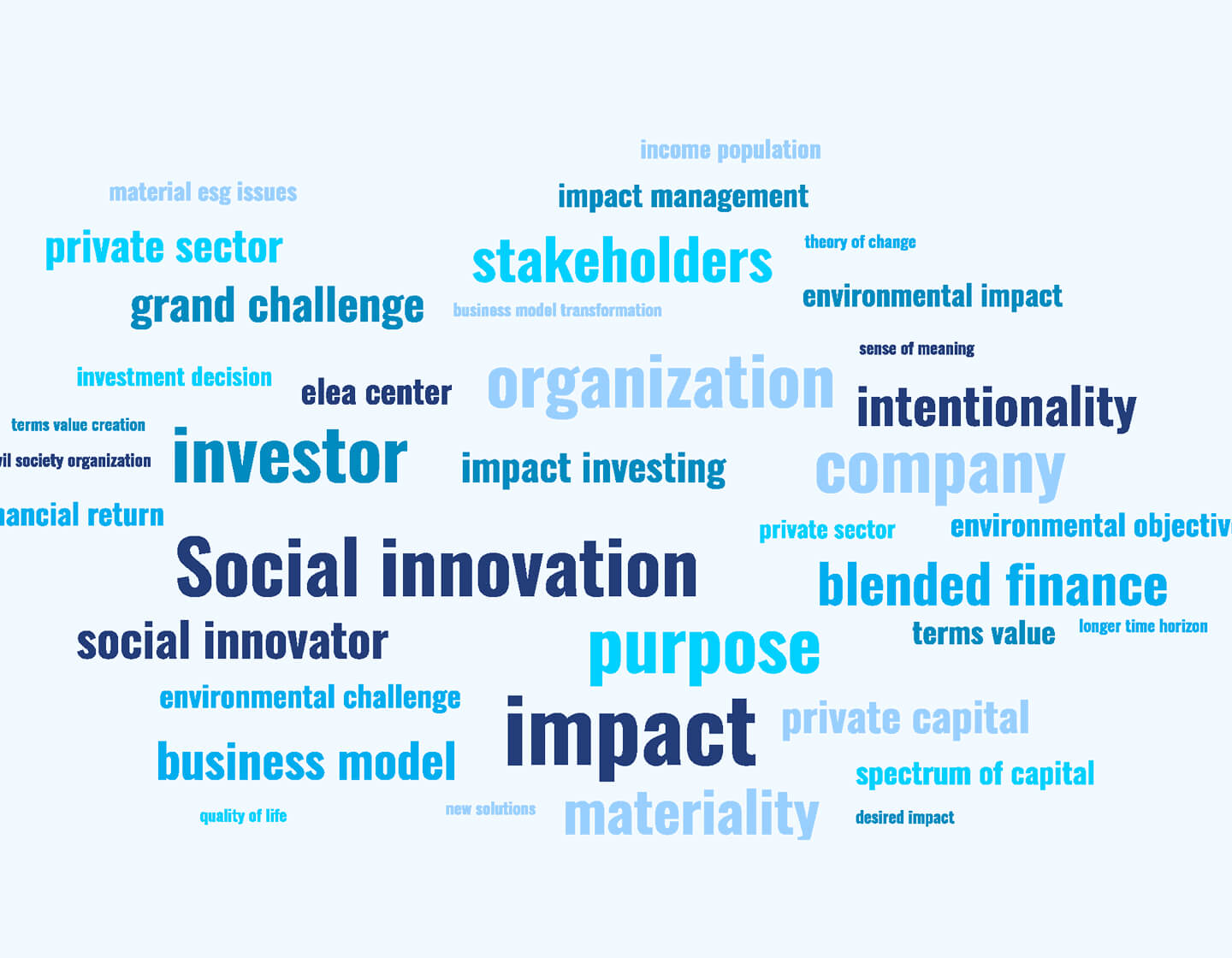

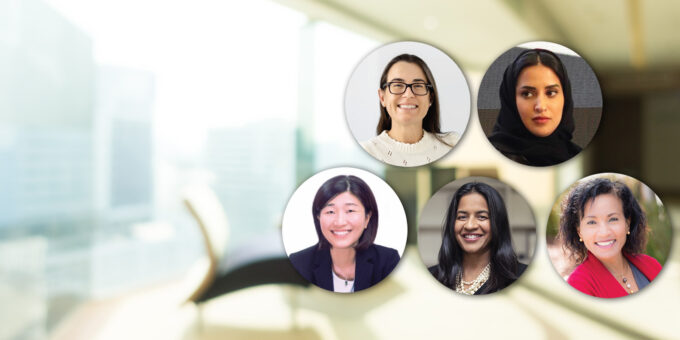

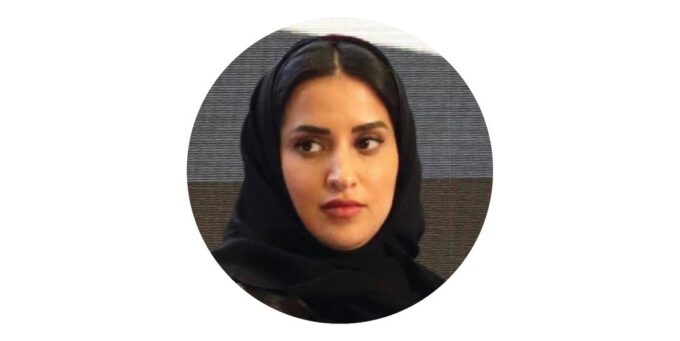


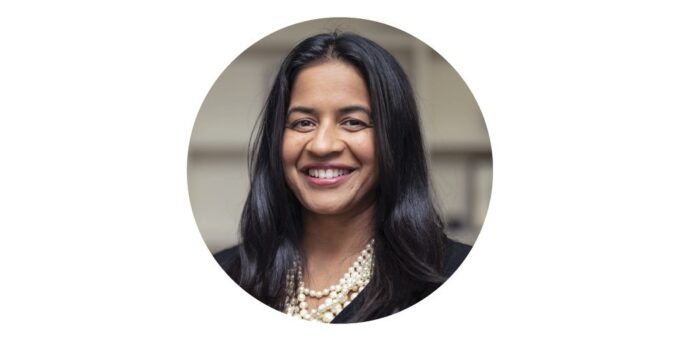
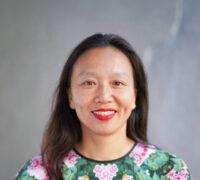



 Audio available
Audio available